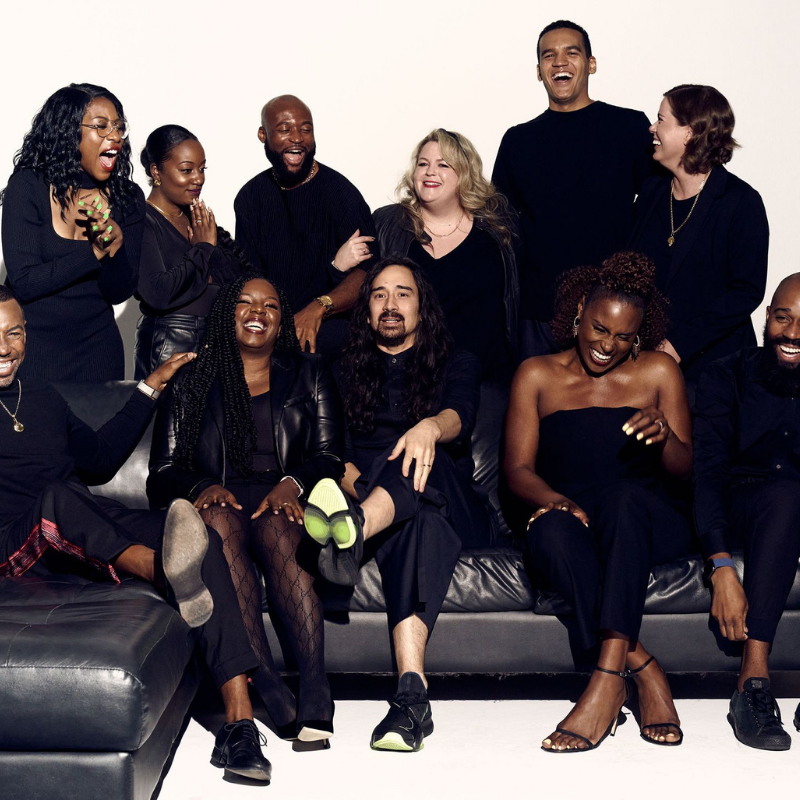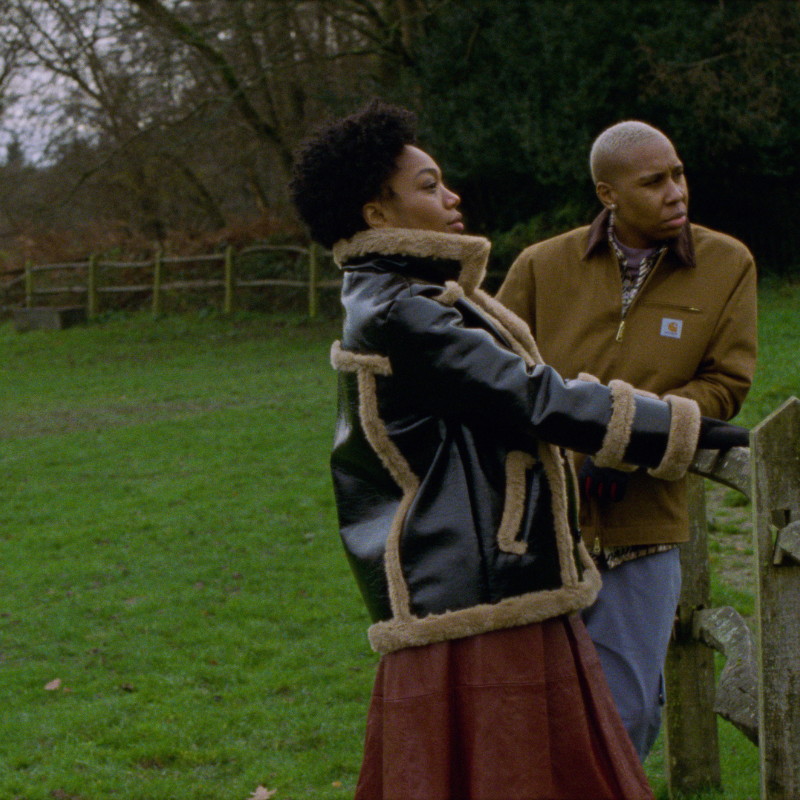Vulture
Hella Good-byes: Issa Rae and the writers of Insecure talk blowjobs, friendship breakups, and the final word on #LawrenceHive vs. Team Daniel
After five years, five seasons, and two presidential administrations, Insecure is getting out while the getting is still good. A classic of the new Black television renaissance, the HBO sitcom chronicled the triumphs and mishaps of messy 30-something Issa Dee, centering the lives, loves, struggles, and joys of Black millennials unlike any other show of its time. Now, Insecure’s final run of episodes finds its characters at the biggest crossroads of their personal and professional lives, giving Issa; her best friend, Molly; her on-again, off-again partner Lawrence; and the rest of the gang one last chance to figure out if they’ll all be okay.
Master of None Season-Finale Recap: Reconcile and Rekindle
But the women are more than aware of the limits on their love for each other. Alicia says she thought of Denise often as she raised her daughter alone, and Denise admits that she’d never have been ready to have children of her own without the experiences they had together. Breaking up was what made them ready to come back together. But even in the chamber piece that is their relationship, they can’t quite get the whole of each other. Even if that never happens for them, maybe it’s enough that they have this brief respite.
P-Valley Shows Stripping for What it Is: Labor
For many of the women, their primary emotional conflict is the knowledge that they excel at the work they do inside the club, and that it is that same excellence that makes them so disposable outside of it. The Pynk itself exists as a kind of queer haven that is forced into binary conceptions of morality and temporality by the light of day. Inside the club, the women are in charge and call the shots, the men are to be used and taken advantage of, and the entire fiefdom is led by their nonbinary Madam — when the sun goes down, the “natural order” is reversed. But for these women, there is no upward mobility. They may be queens by night, but the magic and fantasy they cultivate for their clients dissipate as the sun rises.
Glee’s Santana Lopez Was the Best Bitch Around
In another universe, Santana might have found success as a stand-up comedian. Her observational skills were precise and deadly. Her memory for other people’s shame was unending, and she was more than happy to weaponize it as needed. Her insults weren’t just hurtful, they were genuinely creative. Santana generated, maintained, and continually updated an entire universe of self-referential slights that she kept at the ready. Her venom was a talent.
The Peril of Issa and Molly’s Fractured Insecure Friendship
The breakdown of Molly and Andrew’s relationship was a reflection of her issues with Issa. Molly’s primary problem is that she does not bend. Perhaps a function of her law career or maybe just a personality streak, Molly demonstrated over the course of the season that she could not conceive of the possibility that she was at fault. Over and over again, she behaved as though she held the moral high ground and deserved to be treated as such, despite that not being the case. Her inevitable blowup with Issa over securing talent for her community block party didn’t acknowledge that refusing to help a friend in need was a shitty thing to do, regardless of the state of their relationship at the time.
The Many Secret Siblings of the CW’s Teen Dramas, Ranked
Everyone knows that a good soap opera is built on tropes. The long-lost secret sibling is one of the very best, and if you haven’t noticed, the CW absolutely loves using it. At least 11 different CW shows have utilized this specific trope in all sorts of twisted ways — from evil stalkers to illegitimate royalty — and the bizarre circumstances of their secret existences seem to know no bounds.






